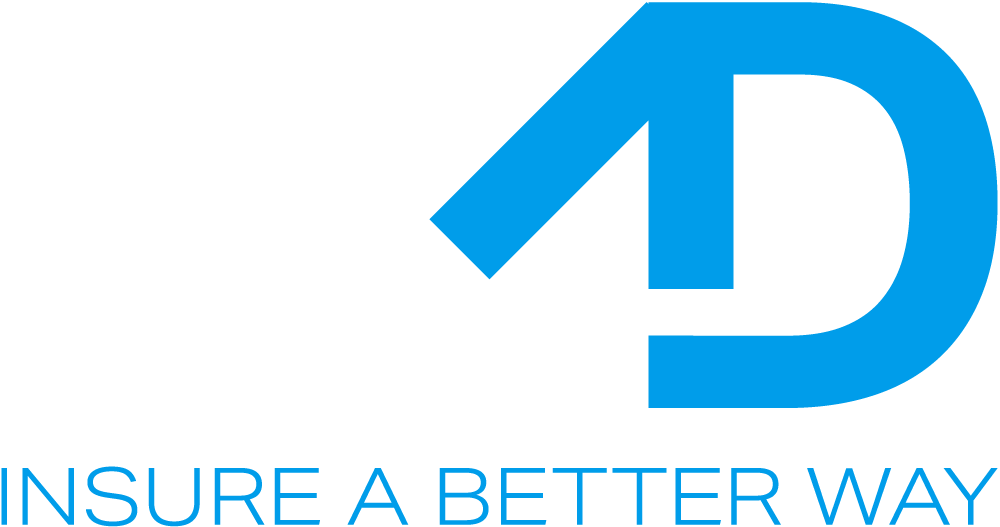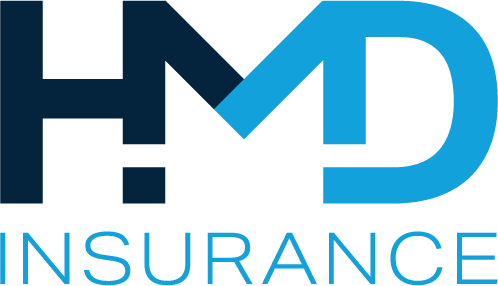
Running a business often means relying on the right tools, plant and equipment to get the job done. Whether you operate as a sole trader or manage a larger enterprise, damage, loss or theft of your business equipment can be devastating. That’s where equipment insurance and business insurance solutions come in. In this article, we’ll break down what business equipment insurance is, why general property insurance matters, how portable equipment cover works, and what you need to know before choosing the right insurance cover. We’ll also look at common questions business owners ask and explain how working with a broker or insurance broker can help you protect your business with the right cover at the right price.
This guide is worth reading because it explains not just what insurance can do for your business equipment, but also how different insurance policies work together—from contents insurance and public liability insurance to professional indemnity insurance—to provide comprehensive protection for your business activities.
What is Business Equipment Insurance?
Business equipment insurance, sometimes called tools and equipment insurance, is designed to cover the cost of repair or replacement when portable tools and equipment are lost, stolen, or damaged due to an insured event. These tools of trade often represent a significant investment for business owners, and insurance helps ensure that loss or damage doesn’t put your operations at risk.
For many small and medium enterprises, having equipment insurance as part of a business insurance pack provides cover for items you use daily. Whether you’re a tradesperson with portable tools, a consultant relying on electronic equipment, or a company that depends on plant and equipment, having the right cover can help protect your business from financial strain.
Importantly, equipment insurance covers not only the accidental loss or damage of your items but also provides cover for damage to your tools caused by theft, fire, or another insured event. By including business equipment in your wider business insurance plan, you can safeguard your investment and keep running your business smoothly.
How General Property Insurance Covers Business Equipment

General property insurance is one of the most common types of insurance cover used to protect business equipment. General property insurance covers the loss and damage to items of portable equipment across Australia. This includes portable tools and equipment that are vital for daily business activities.
For example, a tradesperson carrying tools from site to site may rely on general property insurance to cover the cost to repair or replace items lost due to theft or accidental damage. Similarly, an office-based company may use this cover for electronic equipment such as laptops and mobile devices. General property insurance is designed to cover a broad range of insured events, making it a flexible insurance option for many business types.
It’s important to read the policy wording carefully, as general property insurance doesn’t cover every situation. Exclusion clauses can mean that some losses, such as wear and tear or damage due to misuse, won’t be covered. Still, when used correctly, general property insurance provides an essential safety net against financial loss due to damage to your business tools and equipment.
Portable Equipment Cover: Protection Beyond the Premises
Portable equipment insurance is a specific type of cover that protects business equipment when it is moved between job sites, client premises, or other locations. This is especially relevant for mobile businesses that carry portable tools and equipment as part of their everyday operations.
Portable equipment cover is designed to cover accidental loss, damage, or theft of tools of trade while they are away from your business premises. For trades and service providers, this cover can help reduce the extra cost of replacing lost or damaged equipment. Since portable equipment is often exposed to higher risks, including theft from vehicles or accidental damage on job sites, this type of insurance is a valuable part of your business insurance strategy.
When choosing a portable equipment cover, consider the level of cover you require and whether it’s sufficient to cover the full replacement value of your tools and equipment. Portable equipment insurance can cover the cost to repair or replace your gear, giving you confidence that your business can continue to operate even after unexpected setbacks.
Insurance Policies That Work Together for Business Protection

Business equipment insurance rarely stands alone. Instead, it works best when combined with other insurance policies as part of a business insurance pack. Policies such as public liability insurance, professional indemnity insurance, and workers’ compensation insurance complement equipment insurance to provide a more complete protection package.
Public liability insurance protects against injury or property damage to third parties, while professional indemnity insurance helps cover claims of negligence or mistakes in your professional services. Workers’ compensation insurance is a legal requirement for many business types, providing cover for employees who suffer work-related injuries. Together, these insurance policies protect your business against a wide range of risks.
The right cover depends on your business type, the business activities you perform, and the value of your business property and equipment. An insurance broker can help assess your insurance needs, explain insurance products in plain language, and ensure you include cover that suits your specific situation.
Why Work with an Insurance Broker?
Finding the right insurance for your business equipment can be complicated. An experienced insurance broker can help simplify the process by comparing insurance options from different insurers, helping you secure the right cover at a competitive premium.
A broker can also explain exclusions and policy wording, making sure you understand what your insurance doesn’t cover before you commit. For example, some insurance products may exclude damage due to wear and tear, while others may only cover items when they’re stored securely. By working with an insurance broker, you can avoid surprises and make sure your insurance policies provide the protection you expect.
Additionally, an insurance broker can assist you with the claims process. If your tools or equipment are lost or damaged, having a broker on your side makes it easier to claim online or manage paperwork. They can also liaise with the insurer to make sure you receive the benefits you’re entitled to under your policy terms.
Cover Options and Premiums for Business Equipment
Business equipment insurance comes with a variety of cover options, allowing you to tailor your policy to your business needs. You may choose to insure specific portable tools and equipment or cover all business property under a general property insurance policy. Insurance cover can also be structured to include public liability insurance, contents insurance, and business interruption insurance for more comprehensive protection.
The premium you pay will depend on factors such as the value of your equipment, your business type, and the level of cover you choose. Insurers may also consider your claims history, the state or territory in which you operate, and whether your equipment is kept at your business premises or moved frequently between sites.
It’s worth noting that while adding extra cover options may increase your insurance premiums, it can also save you significant costs in the long run. Insurance helps protect your business against large financial losses, such as loss of revenue due to damage to your tools and business equipment. Always get a quote before deciding, and compare policies to ensure you’re receiving value for money.
Conclusion: Protect Your Business with the Right Equipment Insurance
Your tools, portable equipment, and business equipment are critical to your ability to run your business successfully. Losing them due to theft, fire, or accidental loss can result in significant extra costs, business interruption, and even loss of revenue. That’s why having the right insurance cover—whether it’s general property insurance, portable equipment insurance, or a complete business insurance pack—is essential.
At HMDI, we understand that every business type has unique insurance needs. That’s why we work with you to find the right cover, tailored to your tools of trade, plant and equipment, and business property. Don’t leave your tools and equipment exposed—get a quote today, protect your business, and make sure you’re insured against loss or damage.
FAQs
Product liability insurance protects businesses if a product they sell, supply, or manufacture causes personal injury or property damage. This type of liability cover is crucial for retailers, wholesalers, and manufacturers, as it covers you for loss and legal liability if a customer or third party takes action against your business.
Plant and equipment insurance is an insurance solution designed to protect machinery, tools, and heavy assets that are vital to running your operations. Whether your business owns construction machinery, tradesman tools, or specialist equipment, this cover protects against accidental damage, theft, or breakdown, helping to reduce costly downtime.
Yes, commercial property insurance often includes coverage for contents and stock inside your premises, as well as the building itself. This means your physical assets are protected in the event of fire, theft, or other insured events, ensuring your business can recover faster after a loss.
Public liability insurance covers you for loss if a customer, supplier, or member of the public suffers third-party personal injury or damage to property due to your business activities. This cover for public risks is one of the most common and essential policies small and large businesses need.
While life insurance is generally a separate policy, it can play a key role in safeguarding business owners and employees. Some frequently asked questions from business owners include whether life insurance can be structured as an insurance solution alongside other business policies. While it doesn’t cover consequential loss or plant and equipment, it provides financial protection for families and business partners in the event of death or serious illness.





